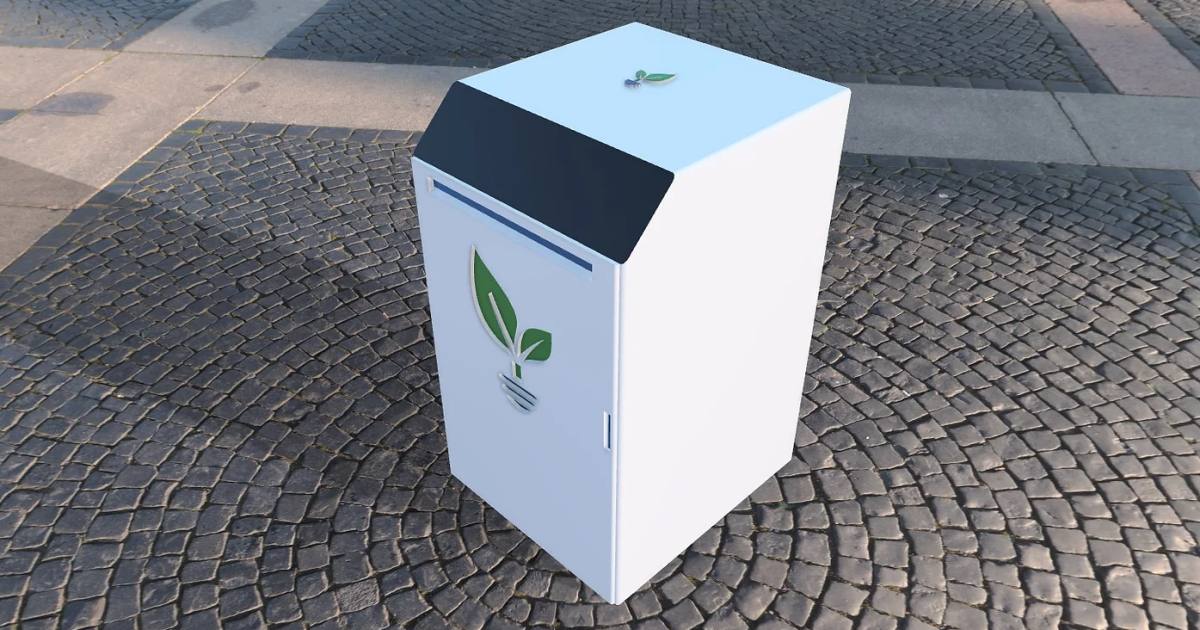
Will this be the home battery that changes the world? Amptricity seems to think so, and is now taking pre-orders in the USA for its solid-state offerings.
But first:
What Is A Solid-State Battery?
In conventional lithium-ion batteries, the cells have liquid or polymer gel/paste electrolyte. In a solid-state battery, a solid/dry electrolyte is used. Among the claimed advantages of this:
- Higher energy densities
- Lower risk of catching fire (thermal runaway)
- Faster charging
- Longer cycle life
But solid-state tech isn’t all sunshine and puppies. You can learn more about solid state batteries here.
USA-based Amptricity has launched what it says is the first solid-state technology for home energy storage.
“Solar PV homeowners will love our solid state energy storage systems because they offer superior performance and are non-explosive, non-flammable, non-toxic, and 100% recyclable,” said Amptricity CEO and Co-Founder Damir Perge.
Amptricity All-In-One Specifications
The Amptricity All-In-One is available in a range of capacities: 12 kWh, 24 kWh, 36 kWh, 48 kWh and 60 kWh. The following are selected specs for the 12 kWh model:
- Usable energy: 12.07 kWh
- Power (max continuous): 3kW charge and discharge (Tesla Powerwall: 5kW continuous)
- Power (peak – 10s off-grid/backup): 5kW charge and discharge
- Round trip efficiency: 95%
- Cycle life: 11,000 full cycles
- Operating temperature: -40C – 55C (Recommended -20C – 40C)
- Installation location: indoor or outdoor
- Dimensions: 820 mm x 480 mm x 530 mm
- Weight: 120 kilograms
Full specifications for all models can be found here.
As for this solid-state battery’s chemistry, I’m confused. Amptricity’s technology page mentions a bunch of chemistries without identifying what’s in the All-In-One tin. Perhaps I missed it.
Amptricity All-In-One Warranty
The battery has a “Lifetime Warranty” – guaranteed for 25 years, and annual charge retention rate over 96%. But the brochure notes the battery core has a 25-year life expectancy. Other components have a “lifetime maintenance and service (cost applied).” Without a full warranty document, it’s hard to translate what all that specifically means.
Amptricity Battery Cost
The company touts this as a solid-state energy storage solution that everyone can afford, but perhaps “everyone” should have been better defined. Amptricity makes Tesla Powerwall pricing in Australia look cheap.
Here’s what the various models cost, and note these prices are before installation. Brace yourself:
- 12 kWh: USD $19,999 (AUD ~$29,537 at current exchange rates)
- 24 kWh: USD $37,999 (AUD ~$56,100)
- 36 kWh: USD $55,999 (AUD ~$82,700)
- 48 kWh: USD $73,999 (AUD ~$109,300)
Financing is available up to 25 years in the USA. Amptricity claims the total cost of ownership of its products is 50% of the competition, but no further detail is provided.
The eye-watering price and missing information aside, this solid-state battery is an interesting product and it shouldn’t be too long before we start seeing how it fares in real-world conditions. Amptricity says residential systems are scheduled to begin shipping early next year.
It’s not clear if/when the Amptricity All-In-One will be available in Australia. If you’re looking for a home battery that is (and much cheaper in terms of outlay), take a look at SolarQuotes home battery comparison page. Also check out Anthony’s recent post on Powerwall alternatives currently available in Australia (or soon to be).

 RSS - Posts
RSS - Posts



Speak Your Mind